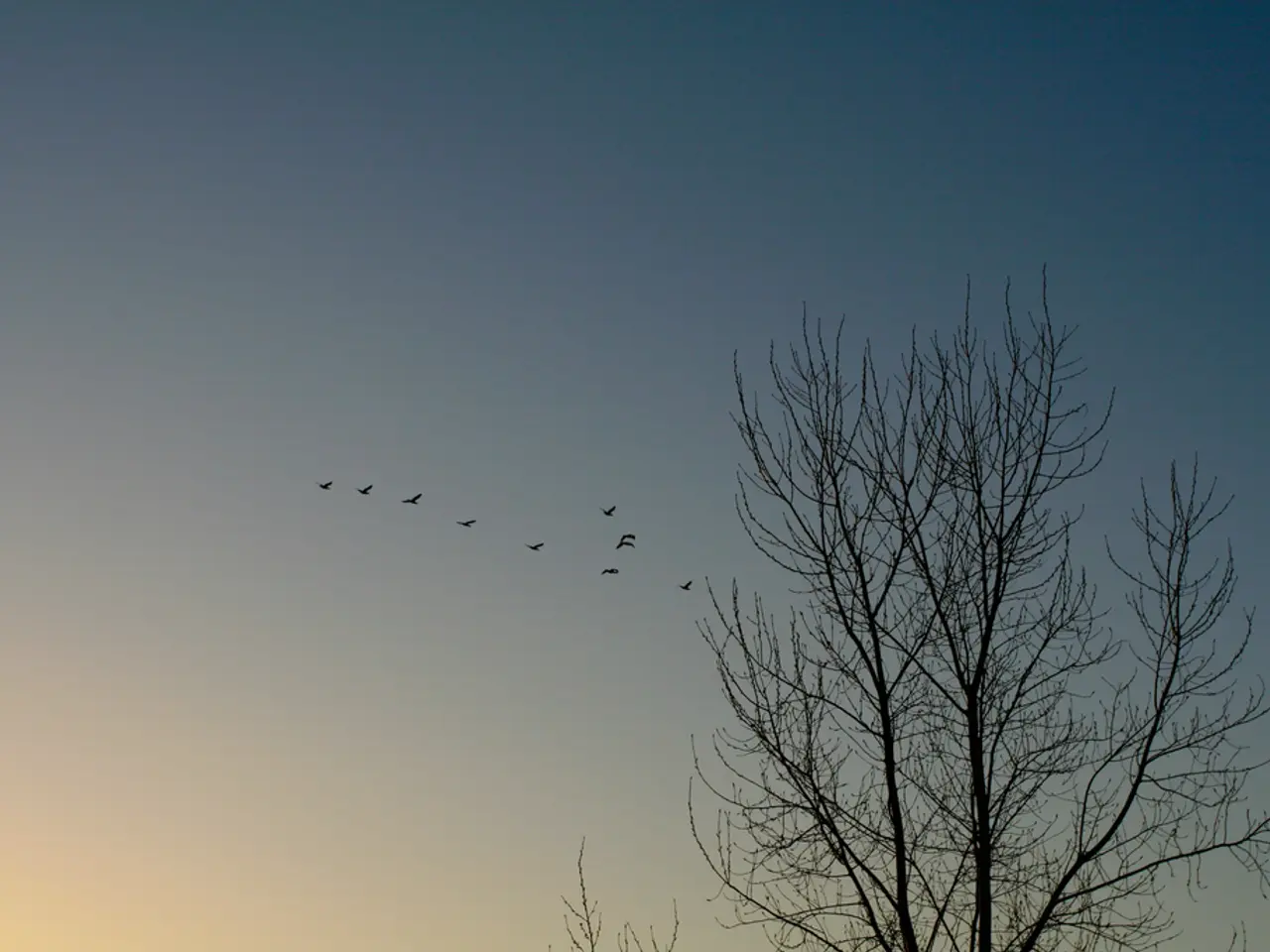Gebel al-Zeit: Migratory Birds Face Threats from Wind Farms
Gebel al-Zeit, north of Hurghada, Egypt, is a crucial stopover for migratory soaring birds (MSBs) during their annual journeys. This area, located in the heart of the West Asian-East African migration flyway, faces threats from planned wind farms and other localised hazards.
Each year, nearly 200,000 MSBs, including endangered species, cross Gebel al-Zeit. In autumn, up to 100,000 birds can be seen crossing the Gulf of Suez in a single day. These birds, capable of flying over 300km in a day without flapping their wings, face threats such as hunting, collisions with electricity pylons, and destruction of their resting habitats during migration.
MSBs play a vital role in ecosystems as predators at the top of their food chain. A decline in their populations could disrupt the balance of prey populations. Despite their importance, Gebel al-Zeit is not fully protected, and plans to create wind farms in the area pose a risk to these migrating birds. Local or regional authorities typically oversee the financing and planning of such projects, requiring careful evaluation and mitigation plans to protect migration bird sites and routes.
Gebel al-Zeit's significance in the migration of soaring birds cannot be overstated. Conservation efforts are crucial to safeguard this vital flyway and protect the MSBs that depend on it. Stakeholders must work together to ensure that development plans, such as wind farms, do not compromise the safety and survival of these magnificent migratory birds.







